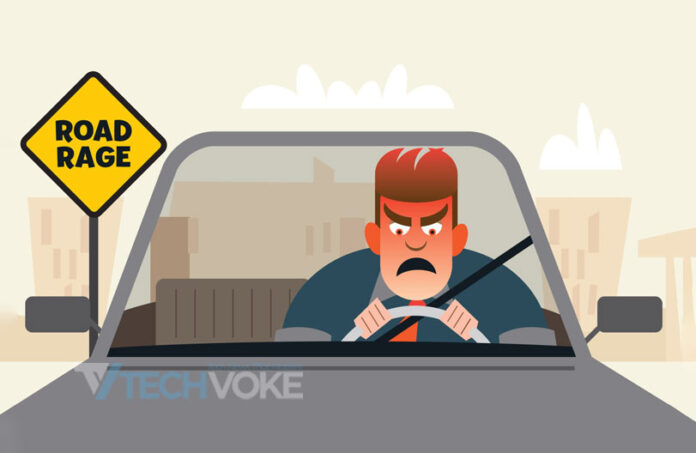This article explores management and mitigation strategies for incidents of road rage, highlighting its criticality in the trucking industry. It emphasizes how crucial it is to deal with this matter in order to ensure efficiency and safety.
Recognizing Road Rage
Describe road rage, including its causes and symptoms, with a focus on situations where driving pressure is high.
Talk about the environmental and psychological factors that can cause incidents of road rage.
Effect on Drivers of Trucks
Examine the effects of road rage on truck drivers, such as elevated stress levels, an increased risk of accidents, and implications for general health.
Talk about the wider effects of incidents involving road rage on the trucking industry, such as the potential for legal repercussions and harm to one’s reputation.
Techniques to Control Road Rage
Provide truck drivers with psychological and practical coping mechanisms for handling stress and rage while driving.
methods like mindfulness, deep breathing, and keeping an optimistic attitude.
It’s critical to identify early indicators of frustration and take proactive measures to de-stress.
Useful Driving Techniques
Emphasize defensive driving strategies as a shield against angry driving.
Stress the value of keeping a safe distance, paying attention to the state of the road, and exercising patience.
Skills for Resolving Conflicts
Give suggestions for reducing the intensity of possible road rage situations.
In order to diffuse tense situations, emphasize the value of non-confrontational behavior and communication techniques.
Fleet managers’ role
Talk about fleet managers’ obligations to promote a culture free from road rage.
The value of offering training courses on communication, stress management, and safe driving techniques.
Technology Use
Examine the ways that contemporary technology, such as GPS tracking and dash cams, can help to manage incidents of road rage and offer proof in court cases.
In summary
Provide a brief summary of the significance of road rage management for the security and welfare of truck drivers and the public at large.
In the trucking industry, promote continued education and awareness regarding road rage and its management.
What Causes Road Rage?
Road rage can be triggered by various factors, and understanding these causes is crucial for promoting safer driving behaviors. Some common causes of road rage include:
Traffic Congestion:
Why: Long delays and congestion can frustrate drivers, leading to impatience and irritability.
Aggressive Driving Behaviors:
Why: Tailgating, excessive speeding, and abrupt lane changes can provoke anger and retaliation.
Anonymity and Deindividuation:
Why: Drivers may feel a sense of anonymity in their vehicles, leading to behavior they might not exhibit in face-to-face interactions.
Perceived Disrespect:
Why: Perceived rudeness, disrespect, or violations of the right-of-way can trigger anger.
Running Late:
Why: Time pressure and running late for appointments can increase stress levels, contributing to road rage incidents.
Personal Issues:
Why: External stressors, such as personal problems or work-related stress, can spill over into driving behavior.
Lack of Control:
Why: Feeling a lack of control over one’s environment, such as in heavy traffic, can lead to frustration and aggression.
Mental Health Issues:
Why: Individuals with pre-existing mental health issues may be more susceptible to road rage.
Cultural and Societal Factors:
Why: Cultural norms and societal expectations regarding driving behavior can influence reactions on the road.
Environmental Factors:
Why: Poor road conditions, construction zones, and confusing signage can contribute to frustration.
It’s important to note that road rage is a complex phenomenon influenced by a combination of these factors. Developing strategies to manage stress, promoting patience, and encouraging respectful driving behaviors can help mitigate the incidence of road rage.
Insist on Action
Urge fleet managers and truck drivers to implement these tactics and give mental health and road safety first priority.
For fleet managers and truck drivers in the trucking industry, this expanded article offers insightful analysis and helpful guidance on handling road rage.


